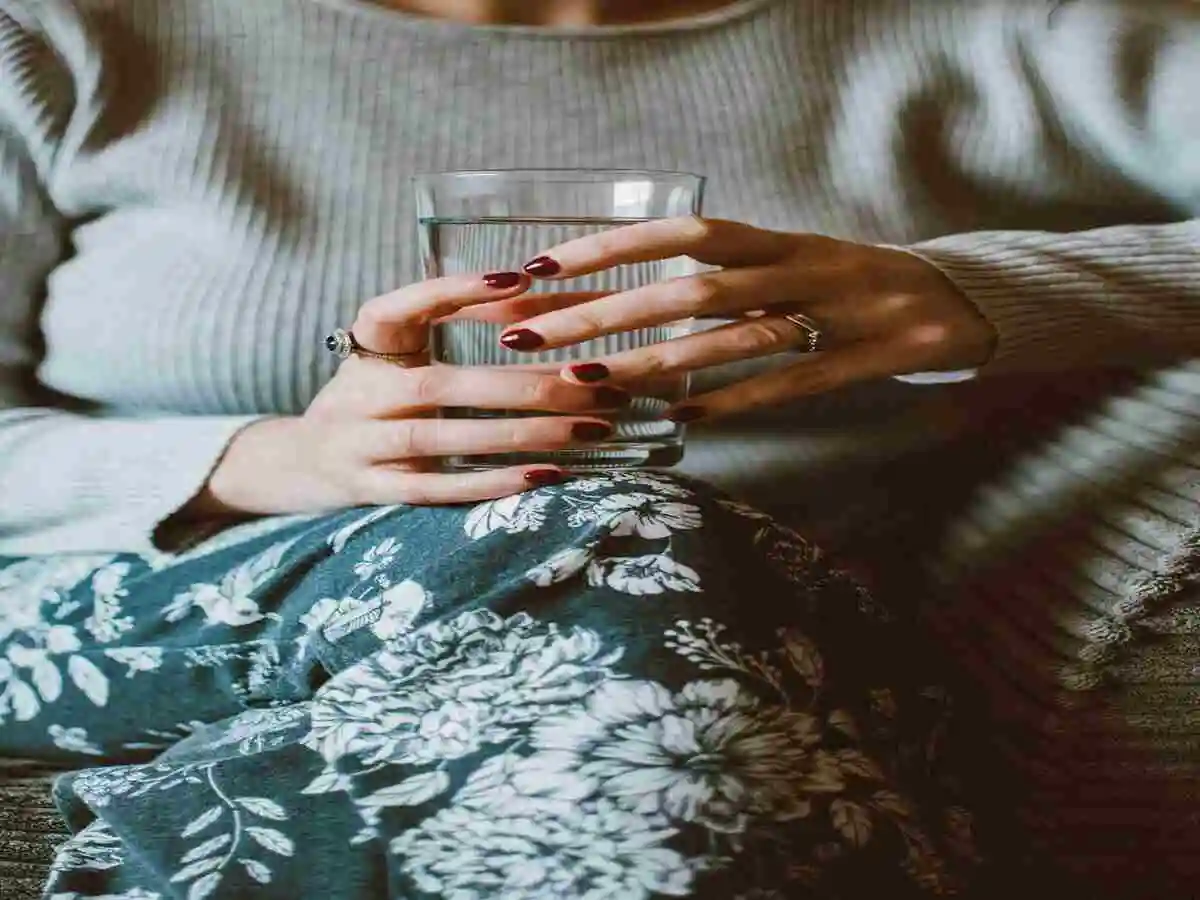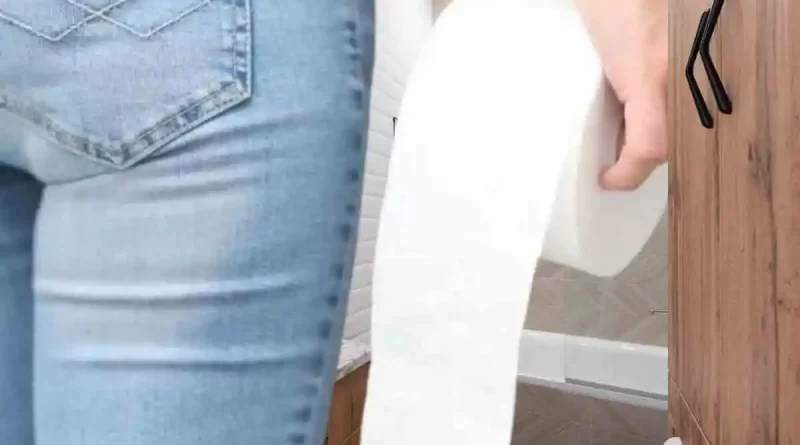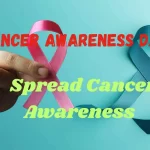“Understanding and Managing Nocturia: Conquer Nighttime Urination for Better Sleep and Health”
Nocturia is a sort of disease associated with the frequent urge to get up and urinate at night. Although there can be various causes for this urge found in humans, some of the most prominent ones are related to bladder obstruction, having too much fluid, especially at night, or even sleep disorders. Often, this disease is linked to benign prostatic hyperplasia, which is the swelling of the prostate and the tissues that surround it. Although occasionally this may happen at any age, in most cases it happens mostly in old age, where it is found to affect between 69 % and 93% of males who are over the age of 70.
Normally, if one tends to get up at night to pee, it is perfectly normal, but if it happens quite frequently and more than once during the night, it is a cause for concern. The condition could also be due to the patient drinking too much water or any other fluid, of which one should be aware.
As per Hussain Al-Zubaidi, the Lifestyle GP & media medic from Parkrun Health Partnerships, “For many men over 60, this means that their ability to empty their bladder is poorer,”. He adds, “They take longer when standing over the toilet, and generally they’ll retain urine, which means they’re much more likely to be triggered to wake up and go for a wee in the night.”
The modern and changed lifestyle is also responsible for contributing to this problem as per Dr. Al-Zubaidi. “I think it’s mainly down to drinking habits,” says Al-Zubaidi. “People are often busier during the day, so they tend not to ‘fluid load’ in the morning, which is what we’re designed to do. In the evenings, they’ll drink more water because they’re thirsty, and then get really awakened in the early hours when their bladder is full.”

Our love of social media and streaming services may be contributing factors to these harmful drinking patterns. According to a recent study that used data from the US National Health and Nutrition Examination Survey, 32% of participants over the age of 20 had to get out of bed more than twice throughout the night to urinate. Those who watched films in different forms for five hours or more a day had a risk that was nearly fifty percent higher.
“I wonder whether it’s having that time for yourself in the evening while you’re watching Netflix, and suddenly you’re better able to notice your thirst, respond to it, and do something about it,” says Al-Zubaidi. “But by that point, it’s a bit too late in the day, and you’re going to wake up in the middle of the night needing to pee.”
Various factors contribute to nocturia beyond drinking habits. Dr. Rebecca Haddad, a specialist in research on nocturia and aging, highlights smoking, excessive alcohol consumption, and physical inactivity as factors that can reduce bladder capacity. Sedentary behavior and screen time, especially in the evening, may disrupt circadian rhythms and contribute to nocturnal polyuria, characterized by increased nighttime urine production.
“There is a link between physical activity and urine production during the day and at night,” she says.
Hormonal shifts throughout life, including menopause, also play a role in the prevalence of nocturia. Contrary to the common perception of it being a male-centric issue, women are equally affected. Diminished estrogen levels during menopause can induce anatomical and physiological changes in the bladder, reducing functional capacity and contributing to excess nighttime urine production.
“Nocturia is definitely about much more than just the prostate,” she says. “Menopause is one of the transitional periods that generally impacts its occurrence. Diminished levels of the hormone estrogen may induce anatomical and physiological bladder changes, contributing to a reduction in functional bladder capacity. Excess nocturnal urine production can also be provoked by estrogen depletion.”
Menopause, which may lead to sleep disturbances and weight gain, is linked to obstructive sleep apnea (OSA). OSA, in turn, can cause strain on the heart, leading to increased urine production. Nocturia, one of the symptoms of OSA, often goes undiagnosed, and its connection with heart strain may not be immediately apparent.
“The thinking is that when people are of increased weight, it puts strain on the heart,” says Al-Zubaidi. “And when people are also getting poor-quality sleep, the heart has to beat faster to keep your blood circulating with the oxygen that it has.”
In situations, where the heart beats more forcefully due to some reasons, a hormone called brain natriuretic peptide gets released, which in turn results in the increased amount of urine produced. “It’s basically trying to reduce the strain on the heart by removing some of the blood volume as urine,” says Al-Zubaidi. “There’s a huge proportion of the population who have undiagnosed OSA, and nocturia is one of the nine key symptoms that could point towards that. Although many people don’t connect the two.”
Beyond lifestyle factors, nocturia can also signal chronic conditions such as hypertension, type 2 diabetes, and kidney impairment. Professor Marcus Drake, a specialist in neurological urology at Imperial College London, emphasizes that increased severity of the issue without an apparent behavioral cause could be a cause for concern.
Urging yourself during the night can have serious health consequences, even if it can only seem like a small annoyance. An increasing variety of negative consequences, such as low energy, unstable blood sugar, and impaired long-term memory, are linked to sleep deprivation.
Preventive measures for nocturia include focusing on fluid intake earlier in the day, with a recommended limit of 330ml within three hours of bedtime. Maintaining hydration in the first hour or two after waking is crucial, especially after exercise. Turning off lights and avoiding screen time during nighttime bathroom trips can help preserve sleep hormone levels.
We can effectively manage nocturia if we continue to change and monitor our lifestyles according to the prescribed norms from the experts








